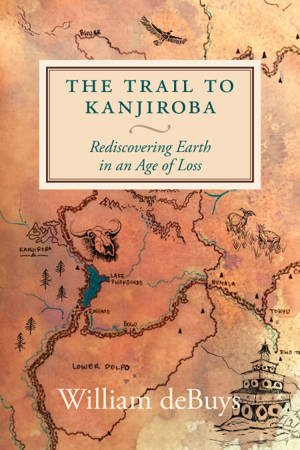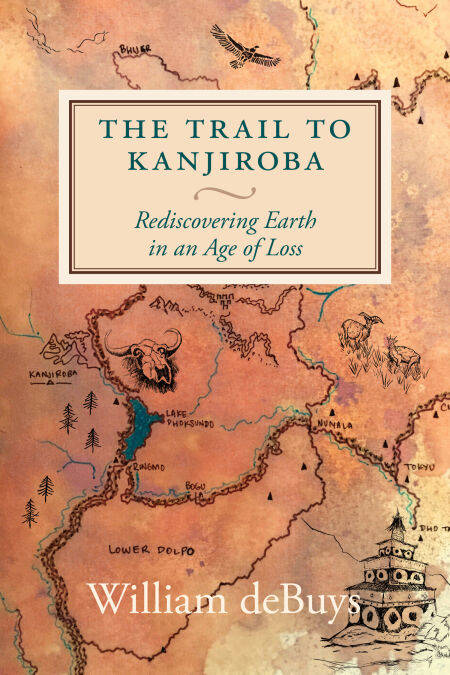
- Afhalen na 1 uur in een winkel met voorraad
- Gratis thuislevering in België vanaf € 30
- Ruim aanbod met 7 miljoen producten
- Afhalen na 1 uur in een winkel met voorraad
- Gratis thuislevering in België vanaf € 30
- Ruim aanbod met 7 miljoen producten
Zoeken
€ 15,76
+ 15 punten
Uitvoering
Omschrijving
A revitalizing new perspective on Earthcare from Pulitzer Prize finalist William deBuys.
In 2016 and 2018 acclaimed author and conservationist William deBuys joined extended medical expeditions into Upper Dolpo, a remote, ethnically Tibetan region of northwestern Nepal, to provide basic medical services to the residents of the region. Having written about climate change and species extinction, deBuys went on those journeys seeking solace. He needed to find a constructive way of living with the discouraging implications of what he had learned about the diminishing chances of reversing the damage humans have done to Earth; he sought a way of holding onto hope in the face of devastating loss. As deBuys describes these journeys through one of Earth's remotest regions, his writing celebrates the land’s staggering natural beauty, and treats his readers to deep dives into two scientific discoveries—the theories of natural selection and plate tectonics—that forever changed human understanding of our planet. Written in a vivid and nuanced style evocative of John McPhee or Peter Matthiessen, The Trail to Kanjiroba offers a surprising and revitalizing new way to think about Earthcare, one that may enable us to continue the difficult work that lies ahead.
In 2016 and 2018 acclaimed author and conservationist William deBuys joined extended medical expeditions into Upper Dolpo, a remote, ethnically Tibetan region of northwestern Nepal, to provide basic medical services to the residents of the region. Having written about climate change and species extinction, deBuys went on those journeys seeking solace. He needed to find a constructive way of living with the discouraging implications of what he had learned about the diminishing chances of reversing the damage humans have done to Earth; he sought a way of holding onto hope in the face of devastating loss. As deBuys describes these journeys through one of Earth's remotest regions, his writing celebrates the land’s staggering natural beauty, and treats his readers to deep dives into two scientific discoveries—the theories of natural selection and plate tectonics—that forever changed human understanding of our planet. Written in a vivid and nuanced style evocative of John McPhee or Peter Matthiessen, The Trail to Kanjiroba offers a surprising and revitalizing new way to think about Earthcare, one that may enable us to continue the difficult work that lies ahead.
Specificaties
Betrokkenen
- Auteur(s):
- Illustrator(s):
- Uitgeverij:
Inhoud
- Aantal bladzijden:
- 272
- Taal:
- Engels
Eigenschappen
- Productcode (EAN):
- 9781644210659
- Verschijningsdatum:
- 14/02/2022
- Uitvoering:
- E-book
- Beveiligd met:
- Adobe DRM
- Formaat:
- ePub

Alleen bij Standaard Boekhandel
+ 15 punten op je klantenkaart van Standaard Boekhandel
Beoordelingen
We publiceren alleen reviews die voldoen aan de voorwaarden voor reviews. Bekijk onze voorwaarden voor reviews.







